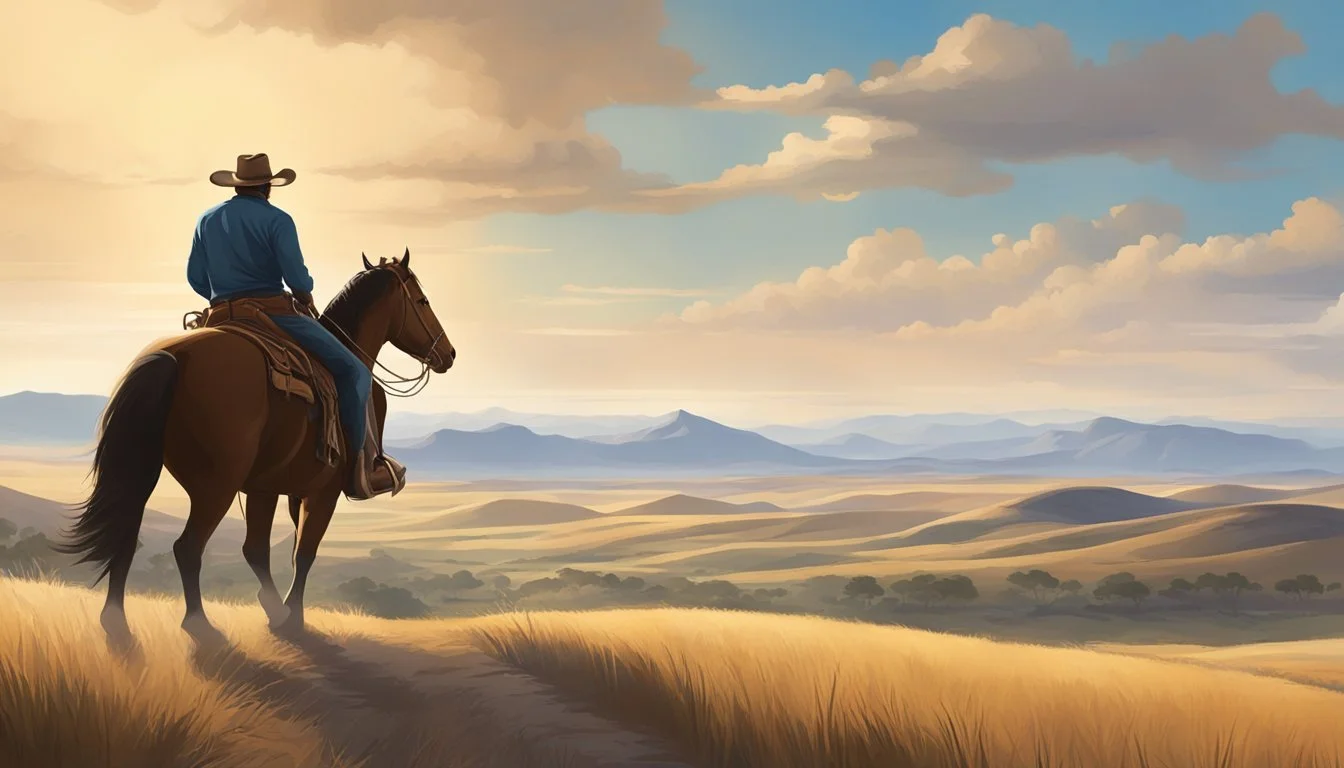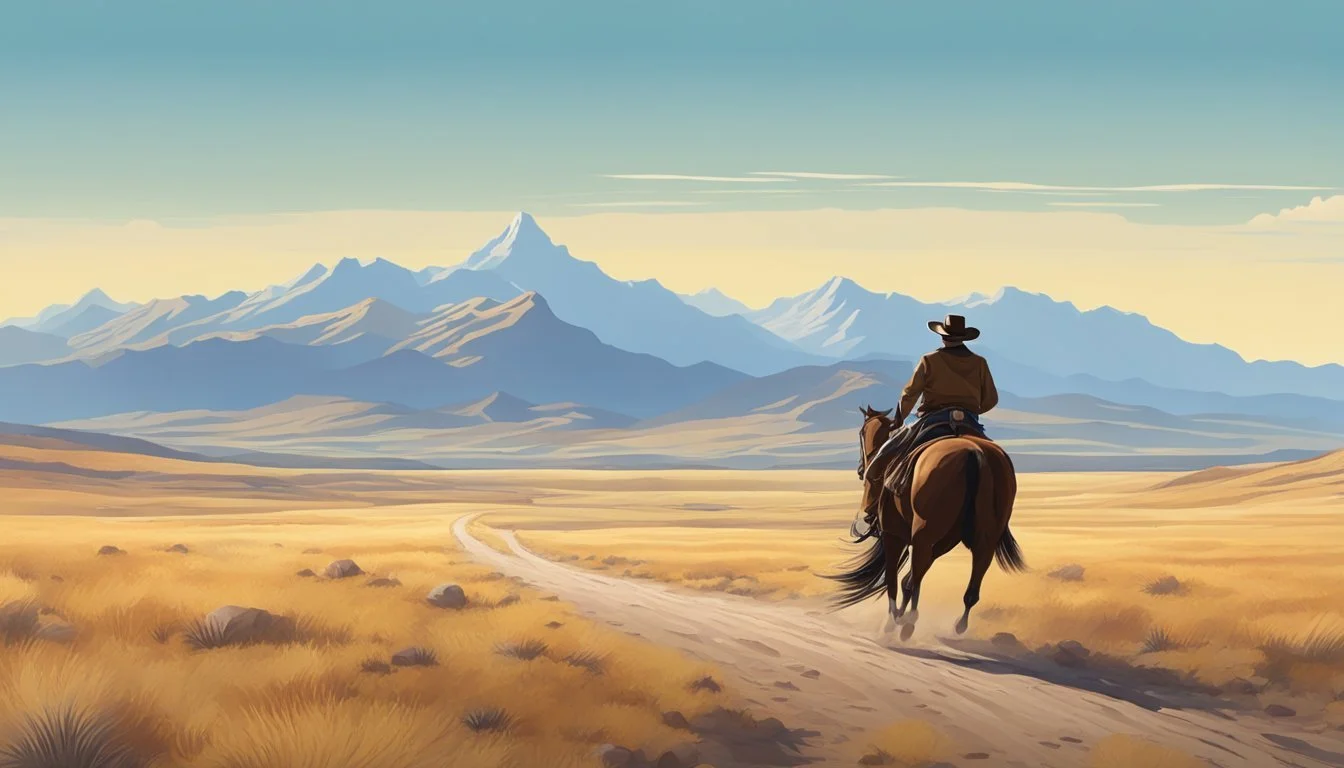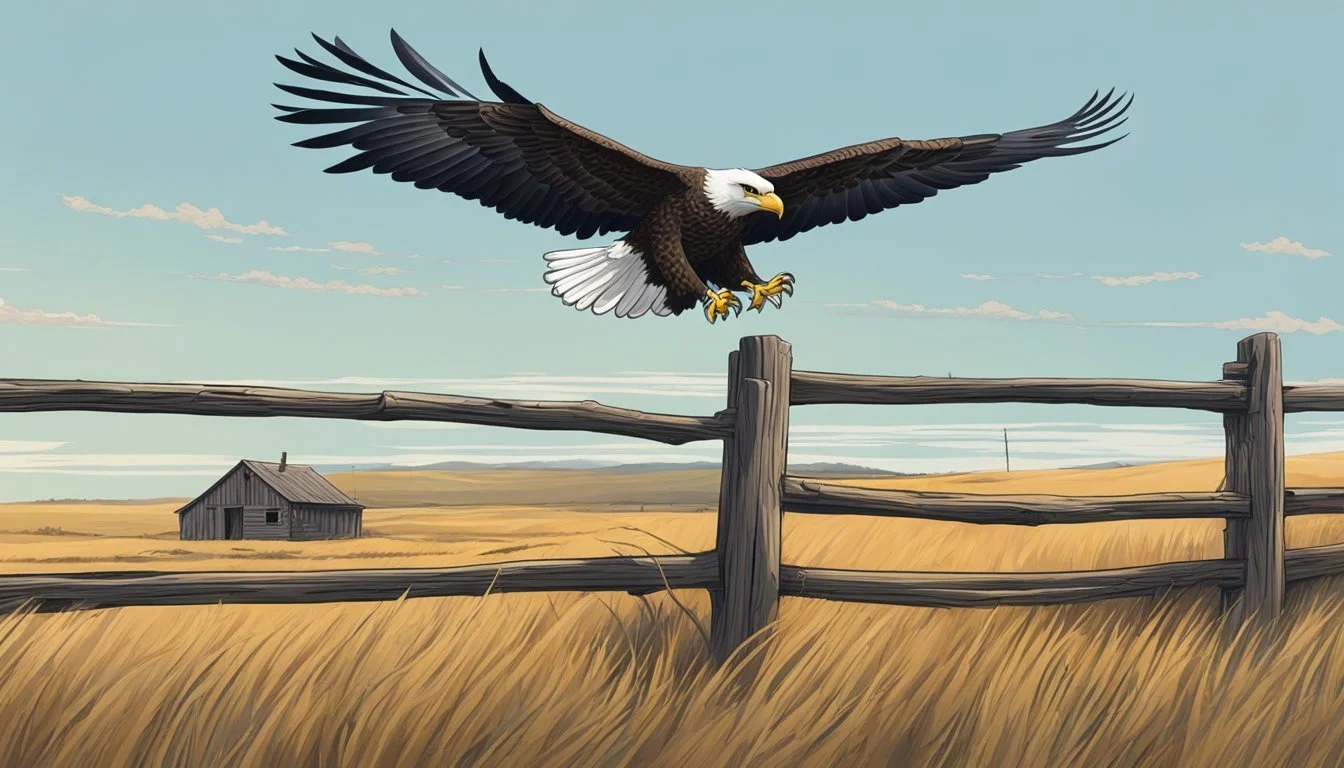Willie's Rebel Yell: How One Song Shattered Country Music's Boundaries Forever!
"Don't Fence Me In" stands as a timeless country classic, given new life through Willie Nelson's distinctive rendition. The song, originally penned by Cole Porter in 1934, found a perfect match in Nelson's laid-back, free-spirited style. Willie Nelson's version of "Don't Fence Me In," recorded with Leon Russell in 1979, showcases the outlaw country legend's ability to make any song his own.
Nelson and Russell's collaboration on this track appeared on their album "One for the Road." The duo's interpretation captures the essence of freedom and wide-open spaces that the lyrics celebrate. Their vocal harmonies and Nelson's signature guitar work blend seamlessly, creating a memorable take on Porter's ode to the cowboy lifestyle.
The song's theme of independence and love for the untamed countryside aligns closely with Willie Nelson's public persona and musical ethos. It resonates with his image as a free-thinking troubadour and his long-standing advocacy for rural America. Nelson's version of "Don't Fence Me In" continues to be cherished by fans, embodying the spirit of country music and the American West.
Origins of the Song
"Don't Fence Me In" emerged from a unique collaboration and found its place in American musical culture during a transformative period. The song's creation involved an unexpected pairing of talents and reflected the nation's fascination with the American West.
Cole Porter's Contribution
Cole Porter, renowned for his sophisticated Broadway tunes, penned "Don't Fence Me In" in 1934. Surprisingly, Porter didn't draw inspiration from personal experiences of the West. He based the lyrics on a poem by Robert Fletcher, a Montana engineer. Porter adapted Fletcher's words, infusing them with his signature wit and charm. The result was a catchy tune that captured the essence of western freedom and wide-open spaces.
Historical Context
"Don't Fence Me In" gained popularity during World War II, a time when many Americans yearned for the idealized freedom of the West. The song's release coincided with a surge of interest in western themes in popular culture. Movies, radio shows, and music celebrated the cowboy lifestyle and the allure of "Western Skies." This cultural backdrop provided the perfect setting for a song that championed personal liberty and the great outdoors. The lyrics resonated with both rural and urban audiences, tapping into a collective desire for escape and adventure.
Lyric Analysis
"Don't Fence Me In" expresses a deep yearning for freedom and connection to nature through vivid imagery and metaphors. The lyrics paint a picture of wide-open spaces and the desire to roam without constraints.
Themes of Freedom
The song's central theme revolves around personal liberty and the rejection of limitations. The repeated phrase "Don't fence me in" serves as a powerful assertion of independence. It reflects a desire to explore and experience life without boundaries.
The lyrics emphasize the need for space and autonomy: "Oh, give me land, lots of land under starry skies above." This line captures the essence of freedom associated with vast landscapes and endless horizons.
The song also touches on the idea of self-determination. Lines like "Let me ride through the wide open country that I love" highlight the importance of choice and personal preferences in one's lifestyle.
Imagery and Metaphors
"Don't Fence Me In" employs rich imagery to evoke a sense of the American West. The song paints pictures of sprawling landscapes, from mountains to prairies.
Metaphors of natural elements abound:
"Listen to the murmur of the cottonwood trees"
"Send me off forever but I ask you please don't fence me in"
These lines
Willie Nelson's Interpretation
Willie Nelson's rendition of "Don't Fence Me In" showcases his unique country style and vocal talents. His interpretation brings a fresh perspective to the classic tune while staying true to its themes of freedom and wide-open spaces.
Music Arrangement
Nelson's arrangement of "Don't Fence Me In" features a stripped-down, acoustic-driven sound. The instrumentals highlight his signature guitar playing, with gentle strumming and subtle fingerpicking.
A harmonica often accompanies the guitar, adding a touch of melancholy to the song. The sparse arrangement allows Nelson's vocals to take center stage, emphasizing the lyrics' importance.
The tempo is slightly slower than some earlier versions, giving the song a more reflective feel. This pacing lets listeners absorb the words and connect with the song's message of independence.
Vocal Style
Willie Nelson's distinctive vocal style shines in his interpretation of "Don't Fence Me In." His warm, weathered voice brings authenticity and depth to the lyrics.
Nelson's phrasing is relaxed and conversational, making it feel as if he's sharing a personal story. He often stretches out certain words or phrases for emphasis, adding emotional weight to key lines.
His delivery captures the song's yearning for freedom and open spaces. Nelson's slight twang and occasional vibrato reinforce the country roots of the tune while making it uniquely his own.
Cultural Impact
"Don't Fence Me In" by Willie Nelson has left an indelible mark on both country music and broader popular culture. The song's message of freedom and wide-open spaces resonates deeply with audiences across generations.
Influence on Country Music
Willie Nelson's rendition of "Don't Fence Me In" solidified its place in the country music canon. The song's themes of independence and love for the land align perfectly with country music's core values. Nelson's unique vocal style and guitar playing brought new life to the classic tune.
His interpretation influenced other country artists to explore similar themes in their music. The song became a staple in Nelson's live performances, often drawing enthusiastic audience participation.
Broader Pop Culture
Beyond country music, "Don't Fence Me In" has permeated various aspects of American culture. The song's lyrics have been used in advertising campaigns, particularly those promoting travel and outdoor activities. Its message of personal freedom has made it a popular choice for movie and television soundtracks.
The phrase "Don't fence me in" has entered common parlance, often used to express a desire for independence or resistance to constraints. Nelson's version has been featured in documentaries about the American West, reinforcing its connection to images of vast, open landscapes and Western skies.
The song's enduring popularity across diverse audiences demonstrates its universal appeal and Willie Nelson's ability to transcend genre boundaries.
Visual Imagery in the Song
"Don't Fence Me In" paints a vivid picture of the American West through its evocative lyrics. The song's visual imagery transports listeners to wide open spaces and natural landscapes.
Nature and the Outdoors
Willie Nelson's rendition of "Don't Fence Me In" brings the great outdoors to life through its descriptive language. The song mentions "land, lots of land under starry skies above," creating a mental image of vast prairies stretching to the horizon.
Cottonwood trees feature in the lyrics, evoking the distinct flora of the Western United States. The evening breeze is referenced, conjuring sensations of cool air on one's skin at twilight.
The moon plays a role in the song's imagery, likely shining down on the described landscape. While not explicitly mentioned, one can imagine a "Ride to the Ridge" taking place in this setting, with a rider traversing rolling hills under an expansive night sky.
These natural elements combine to create a sense of freedom and connection to the land that forms the core of the song's message.
Symbolism of Freedom
"Don't Fence Me In" embodies a powerful longing for unrestricted freedom and connection to nature. Willie Nelson's rendition captures the essence of the American spirit and its deep-rooted desire for open spaces.
Yearning for the Western Frontier
The song paints a vivid picture of the Western frontier, symbolizing freedom through its imagery of vast landscapes. "Land, lots of land under starry skies above" represents the expansive territories that captivate the American imagination. The plea "don't fence me in" rejects physical and metaphorical constraints, echoing the pioneering spirit.
Willie Nelson's interpretation emphasizes the importance of personal liberty. The lyrics "Let me ride through the wide open country that I love" express a yearning to roam freely, unencumbered by societal restrictions or "hobbles" that limit movement.
The cottonwood trees and evening breeze mentioned in the song evoke a sense of natural harmony, contrasting with the confines of urban life. This imagery reinforces the idea that true freedom is found in wide open spaces, away from the fences of civilization.
Musical Elements
Willie Nelson's rendition of "Don't Fence Me In" showcases his distinctive vocal style and musical arrangements. The song blends country and western elements with Nelson's unique artistic flair.
Melody and Harmony
The melody of "Don't Fence Me In" features a catchy, singable tune that complements the free-spirited lyrics. Nelson's vocal delivery is characterized by his signature nasal twang and relaxed phrasing.
The harmony incorporates traditional country chord progressions, with a focus on major chords that create a bright, optimistic sound. Guitar and piano provide the main harmonic support, with occasional embellishments from steel guitar and fiddle.
Nelson's interpretation adds subtle variations to the original melody, emphasizing certain words and phrases to enhance the song's message of independence.
Rhythm and Tempo
The rhythm of "Don't Fence Me In" maintains a steady, mid-tempo pace that evokes the feeling of a relaxed horseback ride through open country. The song features a prominent 4/4 time signature common in country music.
A gentle, swinging beat underpins the track, with acoustic guitar strumming and light percussion providing the rhythmic foundation. This easygoing rhythm supports the laid-back vocal delivery and reinforces the song's themes of freedom and unhurried enjoyment of nature.
The tempo remains consistent throughout, allowing listeners to easily sing along and connect with the lyrics about wide-open spaces and unrestrained living.




